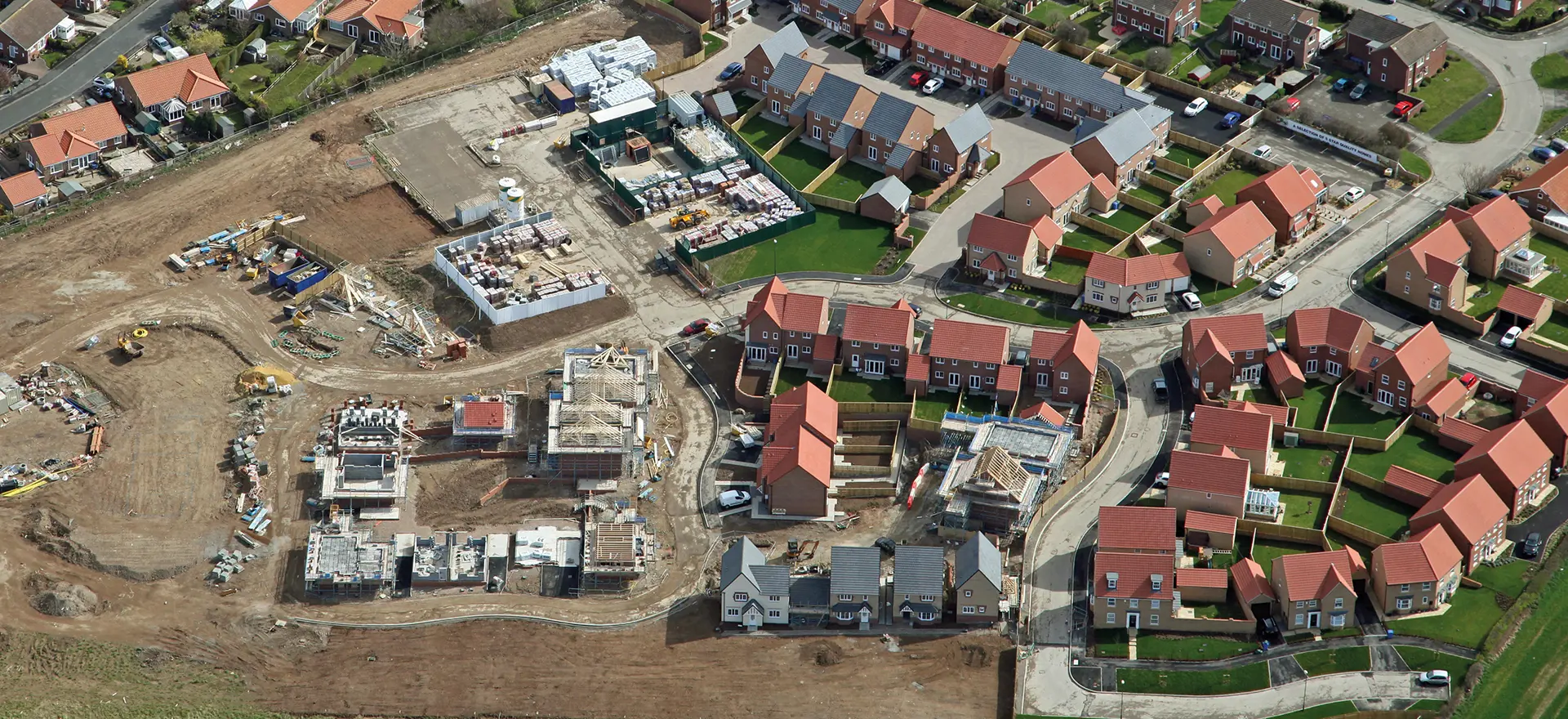Updated 22 July 2020 to reflect the Business and Planning Act 2020
Section 16 of the Business and Planning Act 2020 provides a new temporary mechanism that allows applicants to modify conditions attached to a planning permission controlling construction working hours. The aim of this is to allow those working on construction sites greater flexibility to support safe working in line with social distancing guidance on construction and other outdoor work. The procedure comes into force on 28 July and will expire at the end of the day on 1 April 2021, but this can be extended by further regulations.
New Section 74B to the Town and Country Planning Act 1990 means applicants can apply to amend conditions relating to construction hours, to either:
- allow construction activities to be carried out for a longer period on a particular day; or
- allow construction activities to be carried out for the whole or part of a day on which they would not otherwise be allowed to be carried out.
The applicant must have an interest in the land and the provisions do not apply to construction hours conditions related to development of a dwelling house or its curtilage.
When determining an application, local planning authorities may choose to modify the condition in accordance with the application, refuse to modify the condition, or specify alternative modifications to the condition as they see appropriate; however, this final option would require the applicant to first agree in writing to the new terms of the determination.
There is no fee for the application, and decisions must be made within 14 days, starting the day after the application is sent to the local authority. If no decision is made within that time, the application will be deemed to have been approved. Any extension to working hours would remain in place until 1 April 2021 at the latest. After this date, the original conditions relating to construction hours would resume.
Guidance states that applications to extend working hours until 9pm, Monday to Saturday should not be refused, unless “very compelling reasons” indicate otherwise. In areas outside of residential areas, it may be justified that extensions beyond these hours is acceptable. But if the application is refused there is a right of appeal.
Of the information to be provided to authorities, applicants should also include a short justification explaining why extended hours will be necessary to enable safe working practices on site.
A May 2020 Ministerial Statement already attempts to support the sector on this issue, stating that LPAs should take a “swift and positive approach to requests from developers and site operators for greater flexibility around construction site working hours”. The statement emphasised that planning enforcement is discretionary, and that LPAs should not seek to undertake enforcement action where only short term or modest increase to working hours are needed. Where developers required a more significant changes to working hours, applicants were encouraged to temporarily amend a condition or a construction management plan in the through the usual way.
Legislative changes do risk adding an additional administrative burden to already stretched local planning authorities; whilst potentially complicating situations where authorities have already made informal agreements with developers. However, our experience is that while some local planning authorities have been pragmatic about vary construction hours, others have not, thereby demonstrating the need for the legislation.
The new, formal, procedure provides applicants the right to appeal where an application made under 74B has been refused. Whilst this would not result in a swift approval given the waiting times for appeals to be decided, the local authority would need to consider carefully whether issuing a Breach of Condition notice would meet the tests of expediency.
Business and Planning Bill 2019-21MHCLG, draft guidance on construction site hours deemed consentWritten Ministerial Statement, Construction update



